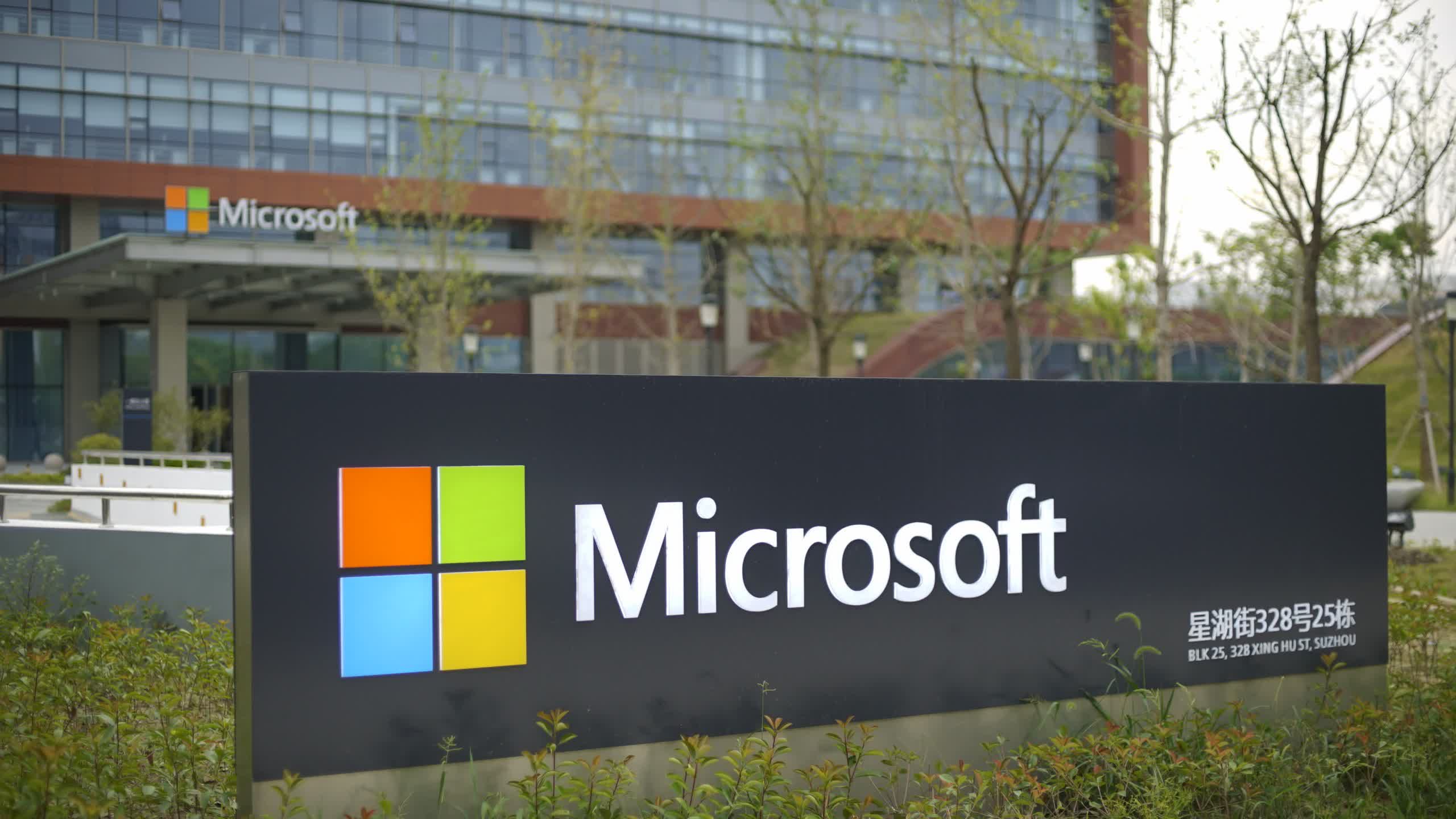In brief: Microsoft has had an uphill battle in trying to buy out Activision. Never have I seen two companies that actually want to merge get so many roadblocks thrown in their path. The latest is a scheduling snafu that puts the FTC's hearing on the matter past the agreed closure deadline creating a breach of contract situation.
The US Federal Trade Commission (FTC) has thrown a monkey wrench into Microsoft's plan to acquire Activision. According to a scheduling order filed last week, the FTC's antitrust lawsuit hearing against the deal will not begin until August 2. This date is well past the contracted deadline of July 18, 2023, effectively triggering a breach in the agreement.
Technically, a failed closure would require Microsoft to pay Activision a $3 billion "breakup fee." However, since something outside of Microsoft's and Activision's control is causing the delay, it's more likely the two will have to start over and cut a new deal. What that means is as yet unclear.
The original agreement was to pay Activision $95 per share, a 40-percent premium over its then $65 market price. Since then, Activision's stock has traded in the mid-to-high 70s. It is currently priced at $76.90, theoretically putting Activision in a better bargaining position for a redeal.

However, Activision's public stance has been that it wants the merger just as much as Microsoft does. So it's within the realm of possibility that the two shake hands and say, "Same deal."
Microsoft and Activision agreed to the merger nearly a year ago. At the time, both companies expected to have the acquisition closed as early as November 2022. However, the record-breaking $68.7 billion buyout immediately got the attention of multiple regulators in several countries, including the FTC.
By February 1, the FTC had opened an antitrust probe at the behest of the Department of Justice. Meanwhile, other countries voiced similar hesitations, and Microsoft spent the next several months playing dodgeball with Sony. Its biggest competitor repeatedly claimed it was worried that Microsoft would make the Call of Duty franchise exclusive to the Xbox.
Microsoft denounced Sony's allegations, even going so far as to "guarantee" that it would continue pushing new CoD games and DLC to PlayStation users for at least the next 10 years. However, everybody knows that the Call of Duty franchise was the least of Sony's concerns.
The PlayStation maker was more interested in putting the brakes on the acquisition than losing a single popular franchise. Sony has long maintained its dominance over its rival and is not about to stand by and let Microsoft close on the biggest video game deal in history without at least trying to wreck that plan.
Image credit: V-huawe
